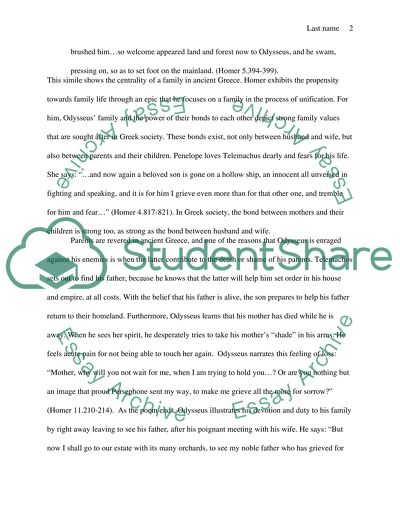Cite this document
(“Vengeance in Homer's The Odyssey: Family, Hospitality and Will of the Research Paper”, n.d.)
Retrieved from https://studentshare.org/english/1450524-how-the-odyssey-is-a-poem-about-vengeance
Retrieved from https://studentshare.org/english/1450524-how-the-odyssey-is-a-poem-about-vengeance
(Vengeance in Homer'S The Odyssey: Family, Hospitality and Will of the Research Paper)
https://studentshare.org/english/1450524-how-the-odyssey-is-a-poem-about-vengeance.
https://studentshare.org/english/1450524-how-the-odyssey-is-a-poem-about-vengeance.
“Vengeance in Homer'S The Odyssey: Family, Hospitality and Will of the Research Paper”, n.d. https://studentshare.org/english/1450524-how-the-odyssey-is-a-poem-about-vengeance.


